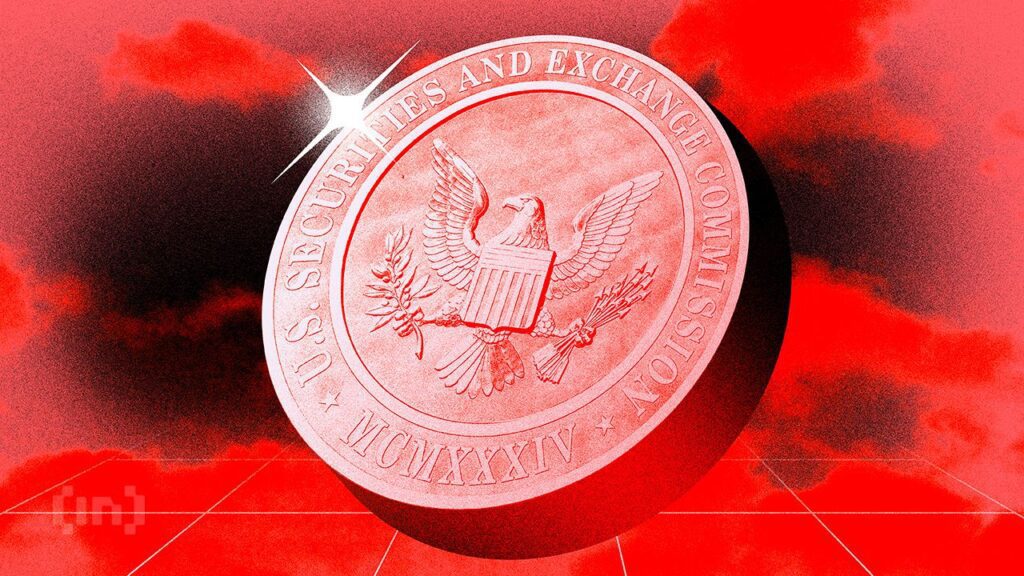In a rather surprising development, the SEC has issued an exemption, allowing Ripple to sell securities to private investors. This directly violates Judge Torres’ ruling in the long cross-appeal process of XRP cases.
Legal experts seemed umbally at the move, but admitted there was no clear way to stop it. Ripple probably has a new revenue stream, but this could completely undermine the legal system.
Has SEC fulfilled Ripple’s desires?
Over the past few months, Ripple and the SEC have been locked in the appeal process of their groundbreaking legal battle. The parties dropped the case itself in March, but they worked together to remove restrictions from the Gensler era.
The restrictions prohibited the sale of securities to retail investors.
This effort has failed objectively through traditional routes, but the committee is trying to grant Ripple’s request anyway through the exemption issued last Friday.
“In light of facts and circumstances… the Commission has decided… there is a valid reason for that to not deny the exemption contained within it. Therefore, it is ordered that a waiver from the application of the disqualification clause has been awarded to the ripple,” the waiver read.
What does this all mean? Essentially, the SEC exemption plays Ripple’s biggest question from cross appeal. Ripple wanted to pay off the fine and violate it from legal records, but this has not happened.
However, the most important goal was to take a grace period from the ban on securities sales.
Unprecedented movement
Former SEC official and litigator Mark Fargel was a litigant who closely investigated the Ripple case and appeared to be totally gobsmacked. In a thread on X (formerly Twitter), he called the move “unprecedented, undoubtedly suspicious” and “definitely lawless.”
He noted that the chairman judge of Cross-Appeal had explicitly rejected Ripple’s request several times. Therefore, Fagel called the exemption “a fairly blatant FU for the court.”
Nevertheless, he emphasized that there is no clear path to block or abolish this waiver.
“Who would complain, even if it’s illegal? At least unless XRP investors lose their money and ask why the SEC didn’t stop it,” he said.
When asked about a potential lawsuit, Fagel replied:
“Who will file a lawsuit? If they start selling XRP in accordance with the exemption, the SEC clearly doesn’t care and the court cannot take action on its own, even if they believe that the injunction is being incorrectly infringed.”
In other words, this exemption represents a new realm of crypto regulations. As long as a company has this exemption, it can honestly argue that the sale of securities is completely legal.
In the short term, the SEC has given Ripple a valuable new revenue stream. These securities sales could fund any number of ambitious growth plans. XRP enthusiasts need to be excited unless someone stops abandoning in some way.
But looking forward to it, this represents a fierce legal escalation. The SEC has already received Flak for unfairly endorsing the crypto industry, but now it’s going even further.
In the long run, this could undermine all federal guardrails and suppress the code.
Disclaimer
In compliance with Trust Project guidelines, Beincrypto is committed to reporting without bias and transparent. This news article is intended to provide accurate and timely information. However, we recommend that readers independently verify the facts and consult with experts before making decisions based on this content. Please note that our terms and conditions, privacy policy and disclaimer have been updated.


